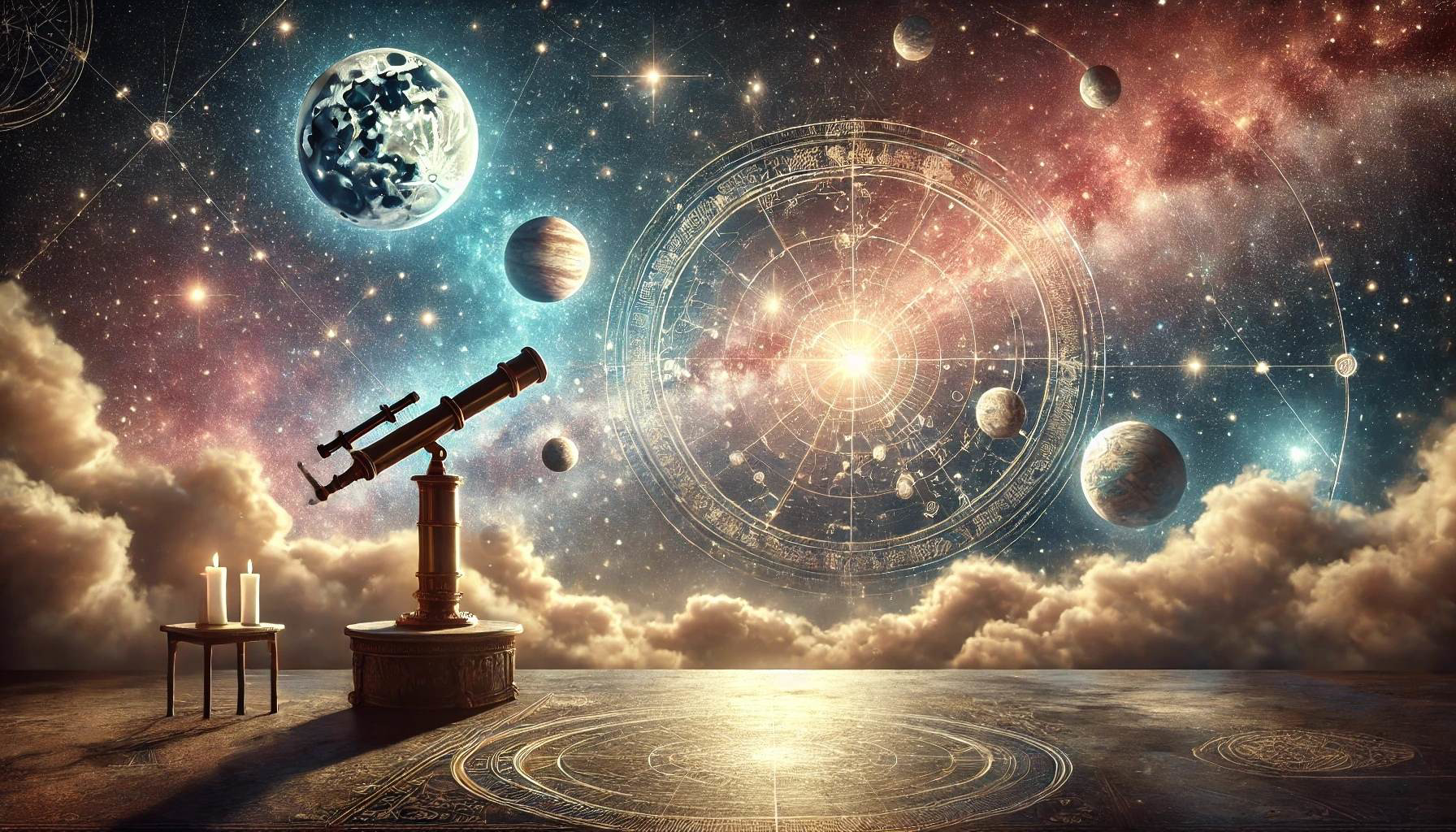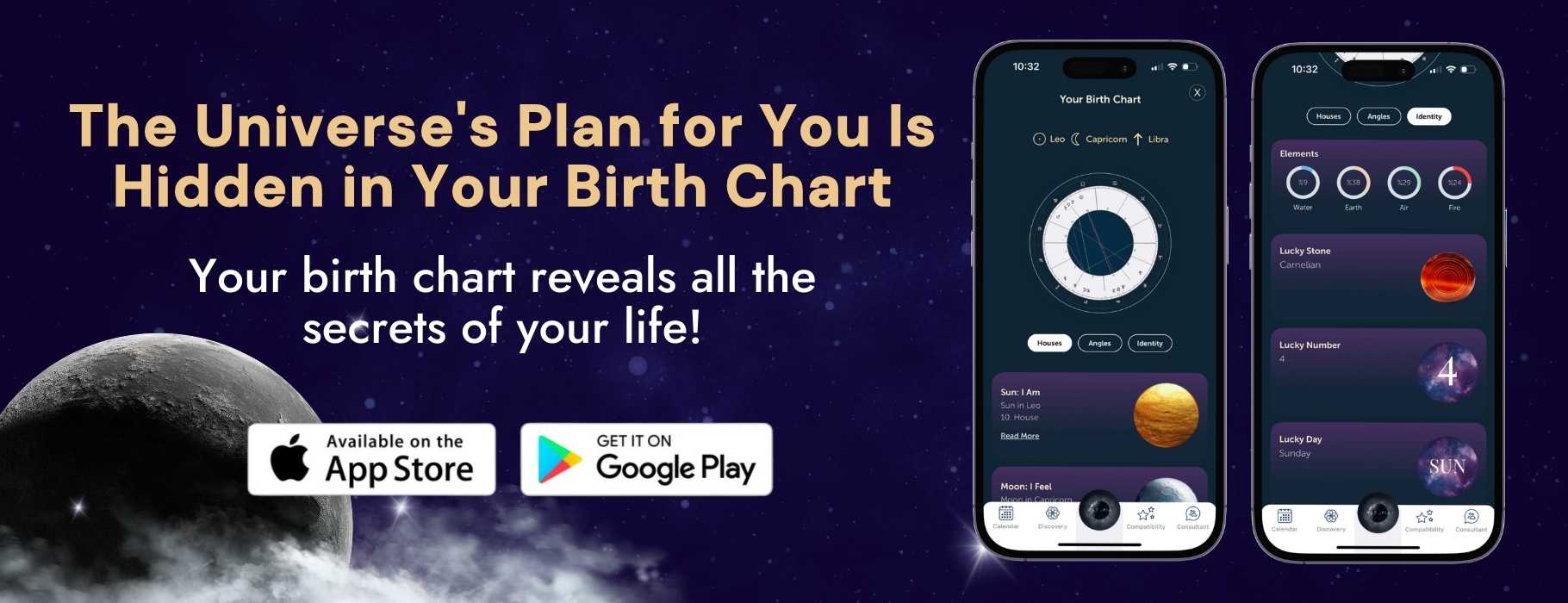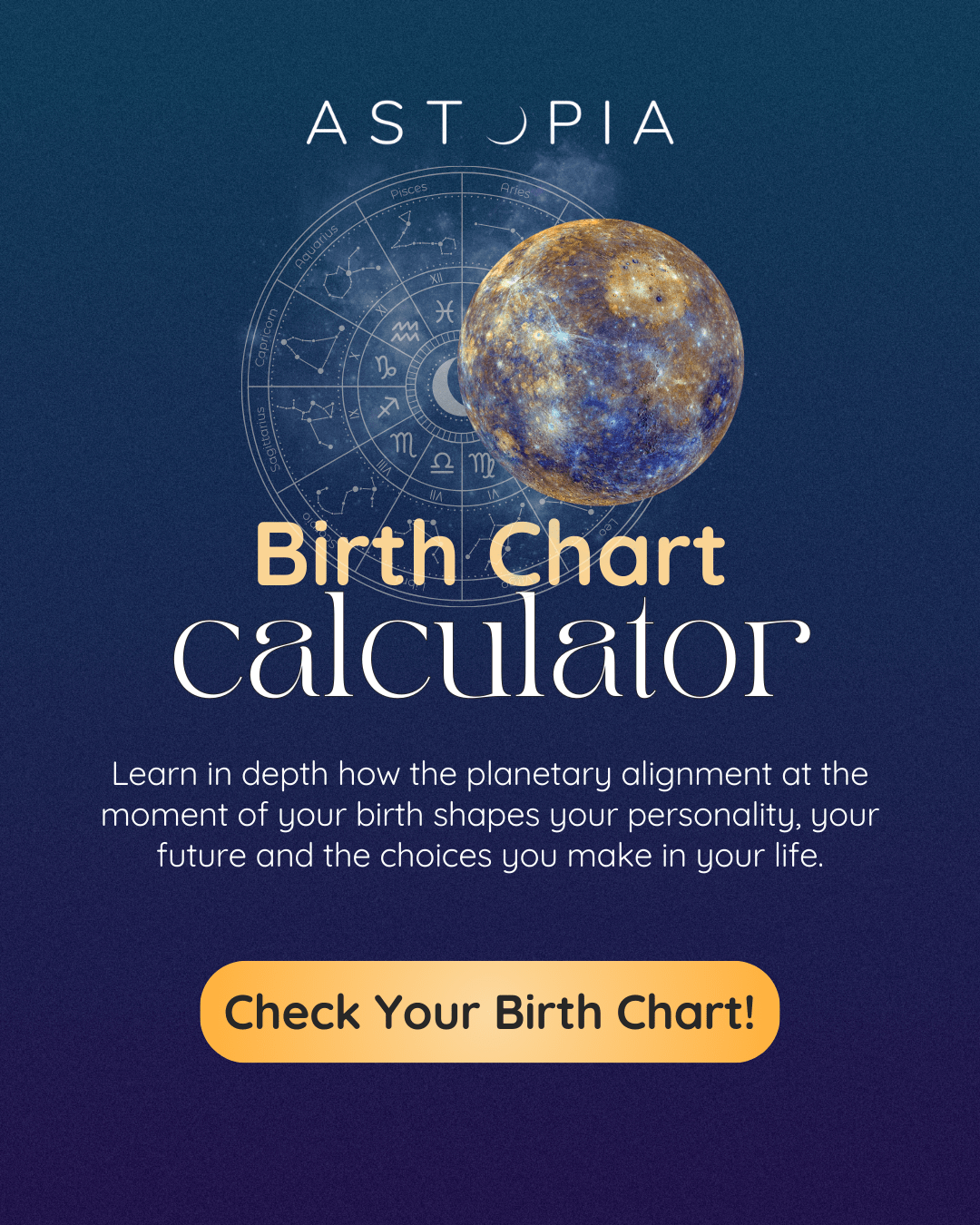
10/11/2024
Author: Astopia TeamWhat is the History of Astrology?
Astrology, one of the oldest belief and knowledge systems in human history, studies the movements of the planets and stars in the sky and investigates how they affect events on Earth and human life. Throughout the centuries, different civilizations have considered astrology an integral part of their lives and have used this knowledge system for various purposes. The origins and development of astrology throughout history and its place in different cultures have formed the basis of today's modern understanding of astrology.
What are the Origins of Astrology?
The origins of astrology date back to Mesopotamian civilizations. Around 2000 BC, the Babylonians began to study the sky and record planetary movements. During this period, astrology was a practice in which the celestial bodies were believed to be associated with the gods and were used to interpret the messages of the gods. These practices constituted the basic answer to the question of what astrology is.
Spreading from Mesopotamia, astrology expanded to Egypt and Ancient Greece. In Egypt, pharaohs were seen as the representatives of the gods on earth and made decisions based on their movements in the sky. This led to astrology gaining a more philosophical dimension over time.
In which civilizations was astrology first used?
Mesopotamia, Egypt and Ancient Greece were among the first civilizations to use astrology. Astrological observations, which began in Mesopotamia, moved to Egypt and from there to Ancient Greece. In Egypt, celestial movements were used to predict the timing of the flooding of the Nile River. For the Egyptians, astrology was seen as a way to connect with the gods and therefore astrology played a major role in state administration and agricultural activities.
In Ancient Greece, astrology reached a scientific and philosophical level. Philosophers such as Pythagoras and Plato believed that the order in the sky had an impact on human life. In the Greek world, the astrology chart was recognized as an important guide for understanding individuals' personal characteristics and life journeys. In the same period, the question of whether astrology is a science was also at the center of the debate, but in modern science, the answer to this question is negative.
In which civilizations has astrology been influential throughout history?
Astrology was influential in great civilizations such as Mesopotamia, Ancient Egypt, Ancient Greece, Rome and India. These civilizations used astrology as a tool to understand both social events and individual lives. In India in particular, vedic astrology came to prominence as a system that helped people understand their destiny, karma and spiritual development. Vedic astrology is the answer to the question of what is vedic astrology today, and this system is still widely used in the modern world as a spiritual guide.
What is the Place of Astrology in Ancient Greece and Rome?
In ancient Greece, astrology was recognized as a philosophical discipline. In particular, thinkers such as Pythagoras and Plato studied the effects of the movements of the heavenly bodies on the earth. During this period, astrology was also used as a guide to understanding the character and destiny of individuals. By analyzing the planetary positions at the time of birth, the astrology chart helped the individual discover their life path and talents.
During the Roman period, astrology was an important guidance tool, especially for emperors and royal families. Astrologers advised in many areas, from determining war strategies to agricultural planning. In the Roman Empire, astrology became an important tool for determining the fate of emperors and armies.
How Astrology Developed in the Middle Ages
In the Middle Ages, astrology showed a significant development, especially in the Islamic world. Islamic scholars preserved and developed this knowledge by translating ancient Greek astrological texts into Arabic. In the Middle Ages, astrology began to be used not only to understand the lives of individuals, but also in the field of medicine. Astrological education gained great importance during this period, and especially the effects of the planets on people's health were studied. In Europe, astrology was accepted as a science taught in universities and doctors began to plan the treatment of their patients according to their planetary positions.
With the development of astrology in the Middle Ages, the system of astrological houses became widespread. This system is based on understanding how the planets are positioned in 12 different houses and how they affect the lives of individuals. Astrology houses are still one of the most important building blocks of modern astrology and provide important information on individuals' life spheres.
What is the Role of Astrology in the Renaissance?
The Renaissance period witnessed the rebirth of astrology. During this period, astrology became intertwined with art, science and philosophy and was embraced by great thinkers and artists. Great artists such as Leonardo da Vinci and Michelangelo used astrological symbols in their works. In addition, Renaissance thinkers saw astrology as a tool for understanding the depths of the human soul.
One of the greatest contributions of the Renaissance period was the development of the concept of spiritual astrology. This concept helped the individual to explore their inner world and understand their spiritual development. Today, astrology is used not only to understand one's destiny, but also as a tool for inner guidance.
When were the foundations of modern astrology laid?
The foundations of modern astrology began to be laid in the 19th century. In particular, psychological astrology became an important guide to understanding the psychological structure of the individual with the work of psychologists such as Sigmund Freud and Carl Jung. In this period, astrology became popular again as a tool for personal development and spiritual awareness.
Modern astrology has been recognized as a system that helps individuals understand their character, life path and potential. Astrology education became more widespread during this period and people started to see astrology as a profession.
In Which Areas Is Astrology Used Today?
Today, astrology is an important guidance tool that individuals use to guide their lives. With astrology chart calculation tools, individuals can learn more in-depth information about themselves by learning their planetary positions at the time of birth. In addition, astrology weekly horoscopes are a popular source of information that people refer to when making decisions in their daily lives.
Astrology is used not only as a tool for personal guidance, but also for financial predictions and social events. While financial astrology helps investors to predict market movements, astrological analyses are also made for important events around the world. Especially predictions such as 2024 turkey predictions astrology interpretations offer clues about how social events will develop.
What Cultural and Religious Beliefs Does Astrology Interact with?
Astrology has been intertwined with many cultural and religious belief systems throughout history. Particularly in India, vedic astrology plays an important role in understanding individuals' destiny, karma and spiritual development. In the Western world, astrology has developed in interaction with major religions such as Christianity and Judaism.
Today, astrology is mostly used as a tool for personal development and spiritual guidance. In Vedic astrology, the zodiac signs are deeply connected to the belief system in India and are an ancient guide to help individuals understand their destiny. Western astrology is similarly used as a guide to help individuals understand the important turning points in their personal lives and spiritual development.
In the modern world, astrology is widely used as a self-awareness tool independent of religious beliefs. With the help of astrology charts, individuals use astrology to discover their life paths, guide themselves in decision-making processes and support their personal development.
How did astrology become popular?
The popularization of astrology in the modern sense occurred through the media in the 20th century. Especially thanks to the astrology weekly horoscopes published in newspapers and magazines, astrology started to be followed by large masses. This process caused astrology to become more widespread among the public, and daily horoscopes became a guide that individuals frequently refer to in guiding their lives.
Today, with the proliferation of the internet and social media, astrology has become a global phenomenon. Astrology has become not only a tool for individual guidance but also a system for understanding social events. It is predicted that this popularity of astrology will continue to increase in the future.





